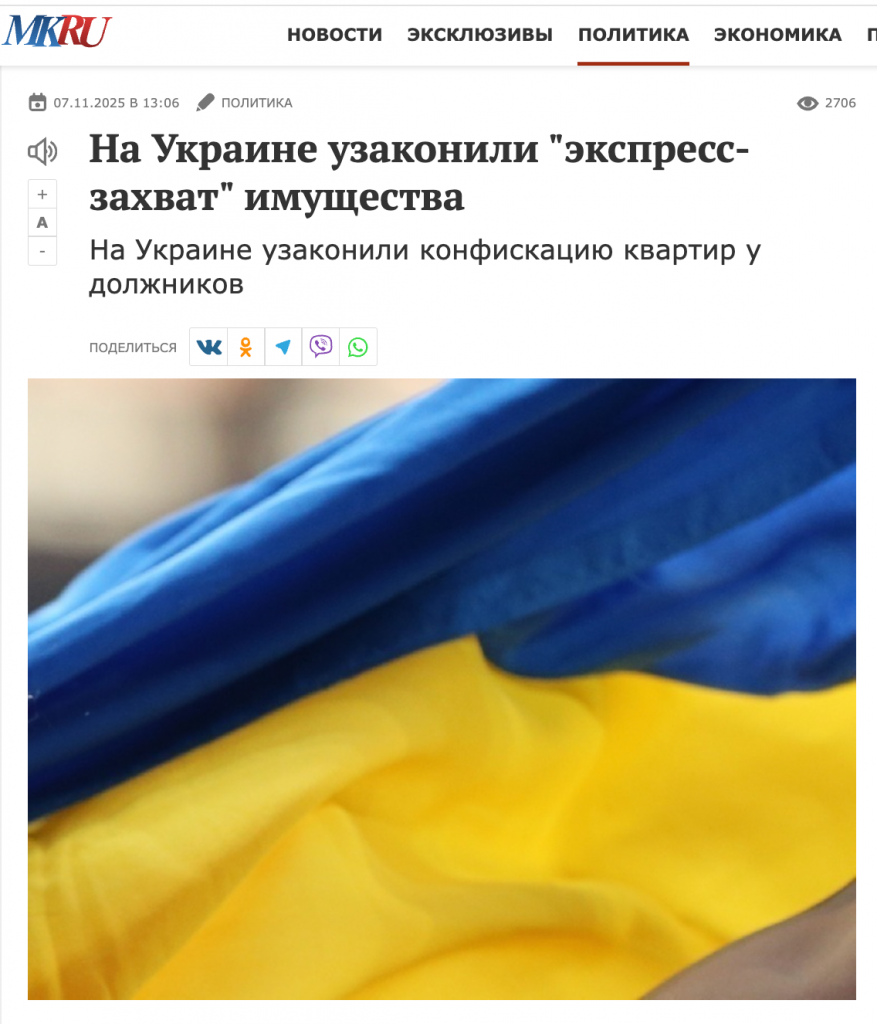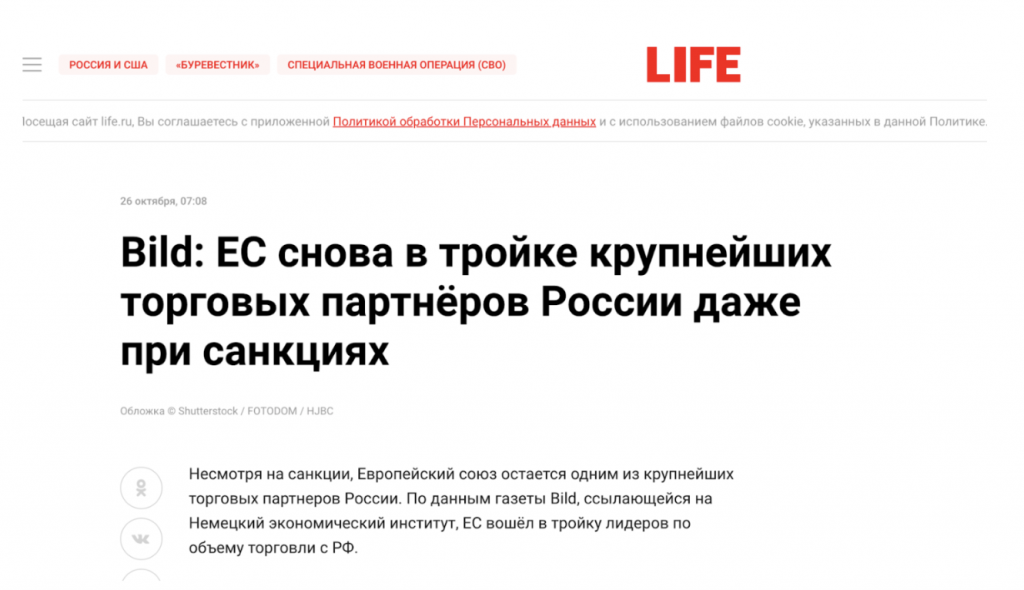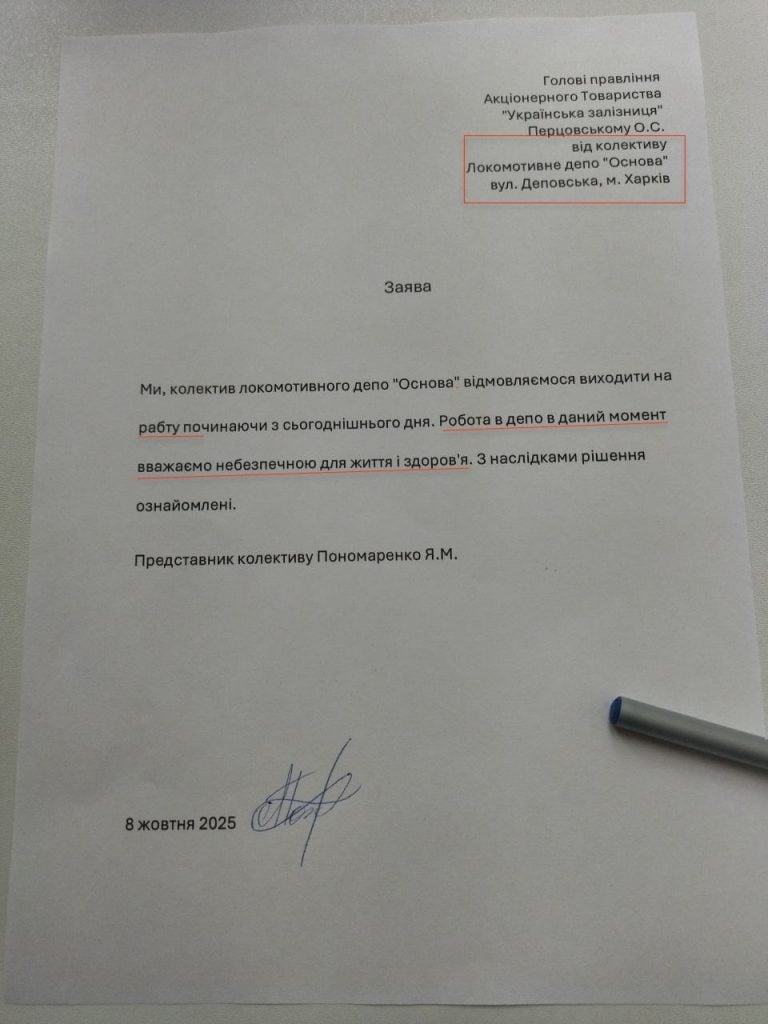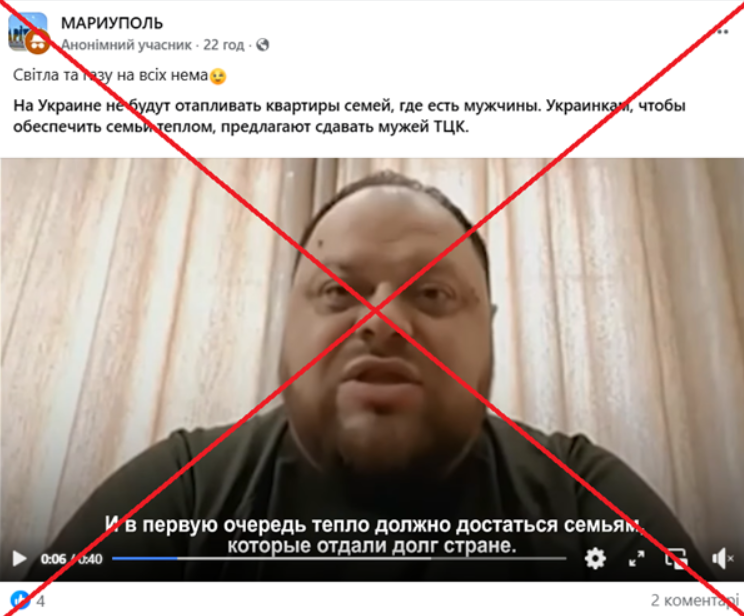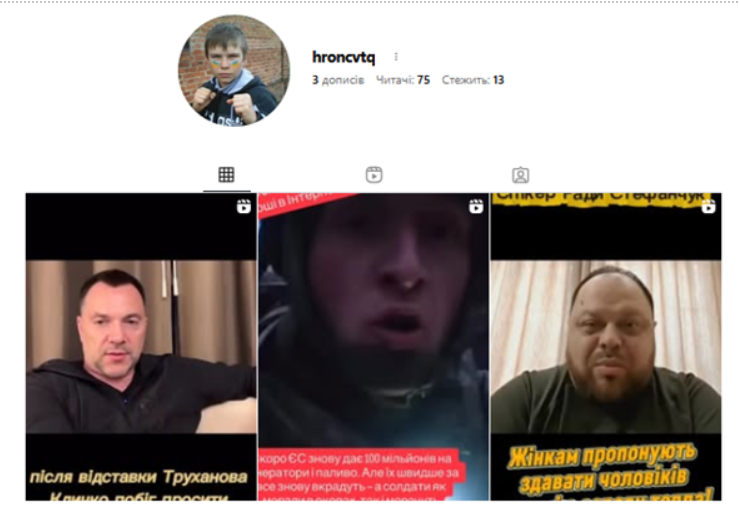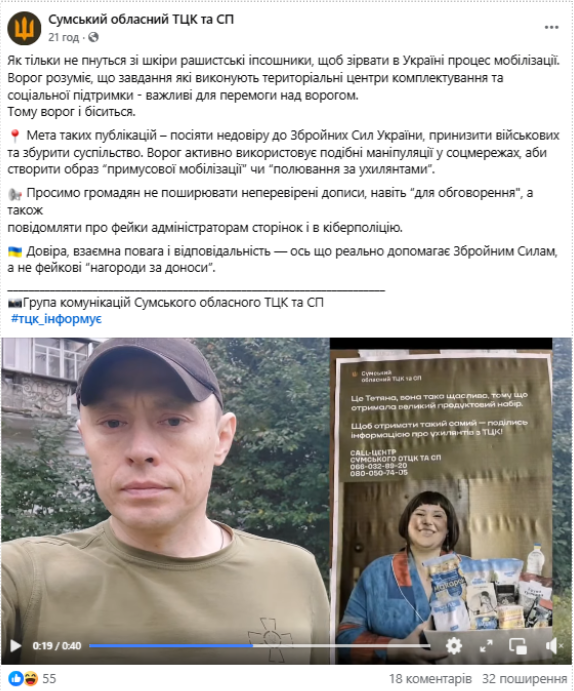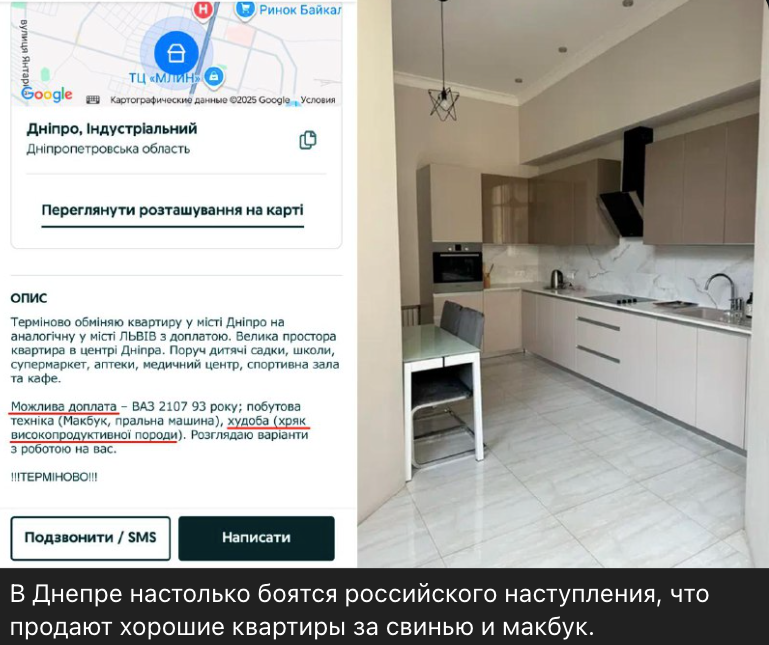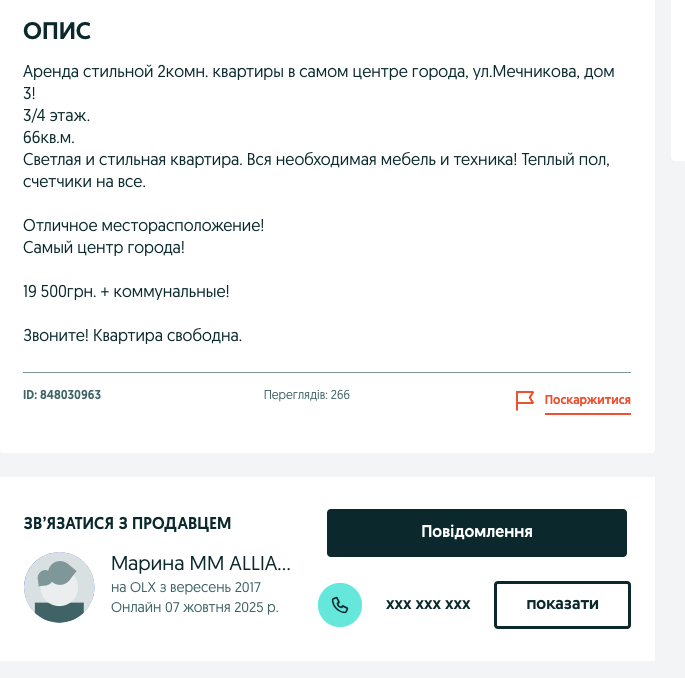Fake: The bill provides for the arrival of 10 million immigrants to Ukraine by 2030
Fake: The bill provides for the arrival of 10 million immigrants to Ukraine by 2030
A number of news outlets and social media accounts are spreading false information claiming that Ukraine allegedly plans to bring in 10 million immigrants by 2030, including “Arabs and Asians”, in order to “massively replace Ukrainians”. This disinformation narrative, which refers to a bill submitted to the Verkhovna Rada titled “On Amendments to Certain Laws of Ukraine Regarding the Employment of Foreigners and Stateless Persons”, was debunked by StopFake fact-checkers.
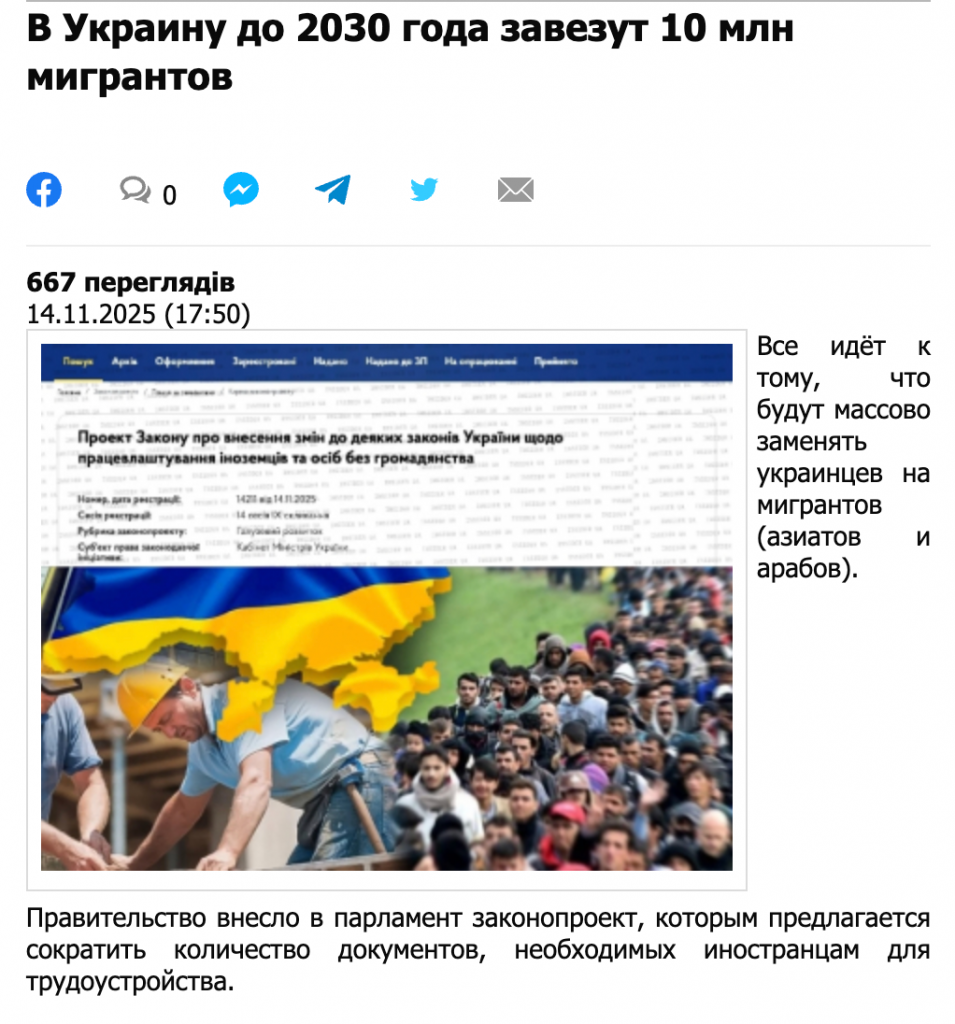
In reality, claims about bringing in millions of migrants to “replace” Ukrainians are yet another distorted propaganda narrative.
Bill No. 14211, which is currently under consideration in the committees of the Verkhovna Rada, contains no plans or quotas to attract 10 million migrants and does not aim to replace the population.
Its main purpose is to simplify legal procedures for foreign nationals and stateless persons who have already expressed a desire to work in Ukraine. In particular, it concerns simplifying the procedures for issuing temporary residence permits and work permits. These changes are intended to align Ukraine’s migration legislation with European Union standards, which is an important step on the path to European integration.
The figure of 10 million cited by propagandists is not part of the bill and is not a state plan.
This number was previously mentioned by individual experts and politicians, including former Minister of Economy of Ukraine Tymofii Mylovanov, solely as a personal, approximate assessment. It reflects a potential future need for labor migrants in Ukraine after the war to stabilize the economy and compensate for the sharp decline in the working-age population and the demographic losses caused by the war and high levels of emigration.
Thus, the figure of “10 million migrants” represents individual estimates highlighting current demographic challenges, not an approved government plan or a legislative commitment. The bill merely legalizes and simplifies existing procedures for those willing to work, without establishing any quotas.

